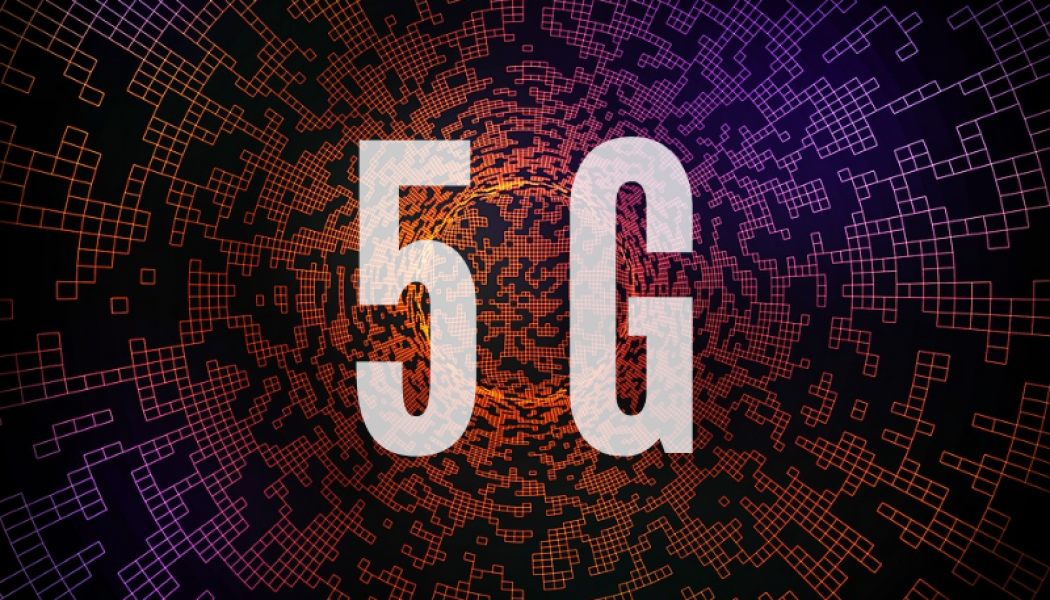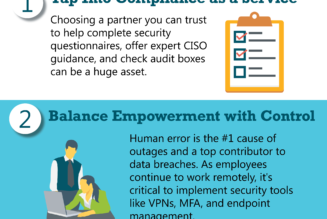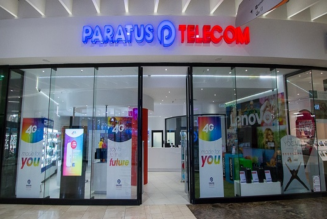5G is expected to be one of the most transformative communication technologies in a generation – thanks to its ability to enable new services including advanced energy management capabilities that will be critical to solving growing energy and sustainability challenges.
But new research highlights the practical challenges of 5G energy management facing telco operators. Estimates suggest 5G networks can be up to 90% more efficient per traffic unit than their 4G predecessors.
However, they still require far more energy due to increased network density, heavy reliance on IT systems and infrastructure, and increased network use and accelerated traffic growth.
A recent report from Vertiv concludes telecom operators should address these challenges in two ways: by adopting energy efficiency best practices across their networks, and by encouraging their customers to adopt 5G-enabled services to reduce consumption and emissions in all walks of life.
STL Partners estimates global 5G traffic will overtake 3G/4G as soon as 2025, making sustainability an urgent priority for operators. In fact, 40% of enterprises surveyed for the report indicated energy efficiency should be the first or second priority for telecom operators when deploying 5G networks.
The report, Why Energy Management Is Critical To 5G Success, uses research including a survey of 500 enterprises globally to outline the challenges telcos face as they wrestle with the increased energy use and costs associated with 5G. The paper identifies several best practices aimed at mitigating those increases and costs, organized across five categories:
- Network technology: Deploying hardware and software designed and operated for efficiency
- Facilities infrastructure: Including new edge data centres to support cloud-native IT
- Infrastructure management: Deploying the appropriate hardware and software to measure, monitor, manage, improve and automate the network
- Organization and evaluation: Taking a holistic, full lifecycle view of costs and investments across the network
- Working with others: Embracing innovative and non-traditional commercial models, standards and collaboration
“Telecom operators making meaningful energy and cost reductions are doing so by evaluating the entire ecosystems around their network operations – people, objectives, infrastructure and partners,” says Scott Armul, VP for global DC power and outside plant at Vertiv.
“Because of the reliance on IT to enable 5G applications, a high degree of collaboration will be required across operators, OEMs and infrastructure providers, and customers to ensure deployments are optimized and every possible efficiency is pursued.”









